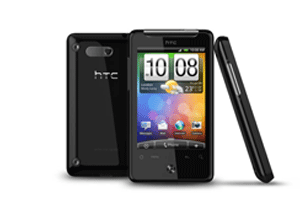Last updated April 12, 2019
 The revolutions occurring across the Middle East are being pushed along by the advent of modern technological developments such as cell phones and social media websites on the internet. Cell phones have been used to record events on the streets in countries such as Tunisia and Egypt and Libya, which are then uploaded for the internet for other citizens and indeed the rest of the world to witness, with footage of violent government crackdowns on peaceful protesters only further fuelling anger and revolt against the authoritarian regimes.
The revolutions occurring across the Middle East are being pushed along by the advent of modern technological developments such as cell phones and social media websites on the internet. Cell phones have been used to record events on the streets in countries such as Tunisia and Egypt and Libya, which are then uploaded for the internet for other citizens and indeed the rest of the world to witness, with footage of violent government crackdowns on peaceful protesters only further fuelling anger and revolt against the authoritarian regimes.
The co-founder of politics and technology blog site techPresident, Micah Sifry, says that cell phone coverage is actually much better in the Middle East than that of the internet. “The biggest factor in the unfolding events, to me, appears to be the emergent power of young people, compounded by how urbanized they are and how connected they are by mobile phones,” he says. “Could it be that what we’re witnessing is the political coming of age of Generation TXT?”
Certainly, the power of the internet was taken seriously by those authoritarian leaders being challenged by their own people, with both Egypt and Libya attempting to cut the internet off from their citizens. “Without Facebook, without Twitter, without Google, without YouTube, this would have never happened,” says Wael Ghonim, a Google executive and online activist who helped lead the protests in Egypt. “If there was no social networks, it would never have started.” Alec Ross, the senior adviser to US Secretary of State Hilary Clinton, however, notes that while cell phones and social media sites did play an “important role” they did not create the dissent in those countries, or make them a success. “People did,” he says simply.